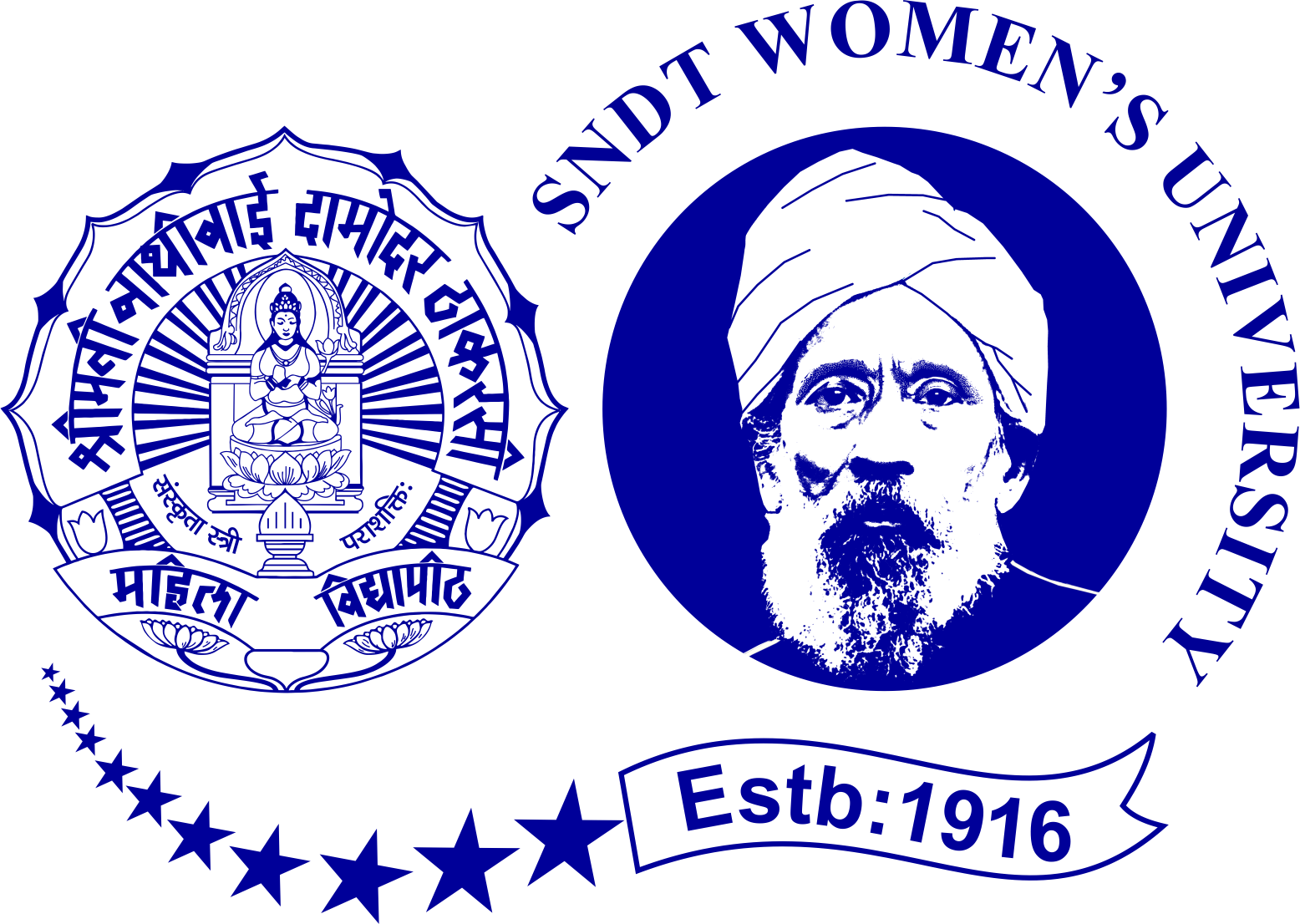About Department
• Children and Media:
-
Children's Media Studies: Analyzing the representation of children in media, including film, television, and digital media.
-
Media Education for Children: Developing strategies for teaching media literacy to children.
-
Children's Media and Culture: Examining the cultural significance of children's media, including its impact on childhood and society.
-
Digital Media and Childhood: Investigating the impact of digital media on children's lives, including issues of safety, privacy, and well-being.
-
Children's Literature: Contributing to the rich expanse of children’s literature through creation of creative content
• Mass Communication & Journalism:
-
Digital Media and Communication: Exploring the impact of digital technologies on media and communication practices.
-
Strategic Communication: Developing skills in corporate communication, public relations, and crisis management.
-
Media Studies: Analyzing media representations, media cultures, and media industries.
-
Global Communication: Examining international communication flows, global media systems, and transnational communication practices.
-
Media Research Methods: Developing research skills in media studies, including qualitative and quantitative methods.
-
Digital Journalism: Examining the impact of digital technologies on journalism practices and the media industry.
-
Media Ethics and Law: Analysing the ethical and legal frameworks that govern journalism practices.
• Nutrition and Health Communication:
-
Health Communication Strategies: Developing effective communication strategies for promoting healthy behaviours and preventing diseases.
-
Nutrition Education and Promotion: Examining the role of nutrition education in promoting healthy eating habits and preventing nutrition-related diseases.
-
Food and Nutrition Policy: Analyzing the policies and regulations that govern the food system, including issues of food safety, labeling, and marketing.
-
Digital Health Communication: Investigating the use of digital technologies in health communication, including social media, mobile apps, and online health information.
-
Cultural Competence in Health Communication: Developing strategies for communicating health information in culturally diverse settings.
The Department of Communication and Media Studies has been grooming women media professionals for more than the last three decades. Having stood the test of time, the Department provides a holistic experience to students by engaging them in live projects with reputed national organisations. A rich hands-on experience with state-of-the-art equipment ensures a job ready and confident media specialist for the ever-evolving media landscape.
• M.Sc. Communication Media for Children
-
To enable students to critically evaluate the representation of children in media and the impact of media on children's lives.
-
To equip students with a deep understanding of child development theories and the effects of media on children's cognitive, social, and emotional development.
-
To encourage students to develop innovative and creative solutions to problems related to children's media.
-
To enable students to develop strategies for promoting media literacy and critical awareness in children.
-
To equip students with the knowledge, skills, and attitudes necessary to succeed in careers related to children's media.
• M.Sc. Nutrition and Health Communication
-
To enable students to critically evaluate the scientific evidence related to nutrition and health communication.
-
To equip students with the ability to design, implement, and evaluate effective health communication and education programs.
-
To encourage students to critically evaluate the social, cultural, and economic contexts of health communication and nutrition.
-
To enable students to understand the importance of cultural competence and sensitivity in health communication and nutrition.
-
To equip students with the knowledge, skills, and attitudes necessary to succeed in careers related to health communication and nutrition.
• M.A. Mass Communication & Journalism
-
To equip students with the knowledge, skills, and attitudes necessary to take on leadership roles in media organizations.
-
To enable students to critically evaluate media texts, institutions, and practices.
-
To equip students with advanced skills in media writing, production, and research.
-
To enable students to understand the social, cultural, and economic contexts of media production and consumption.
-
To equip students with the ability to critically evaluate sources, evidence, and arguments.
-
To equip students with the knowledge, skills, and adaptability necessary to succeed in a rapidly changing media environment.
To Empower Women Media Professionals through Media Education and Foster Critical Thinkers and Creative Communicators for Social Good.
The Department of Communication and Media Studies at SNDT Women's University is dedicated to preparing women for leadership roles in media and communication. We aim to provide a rigorous and well-rounded education that combines theoretical foundations with practical skills, enabling our students to excel in the media industry and drive positive social change.
An Enlightened Woman is a Source of Infinite Strength.
